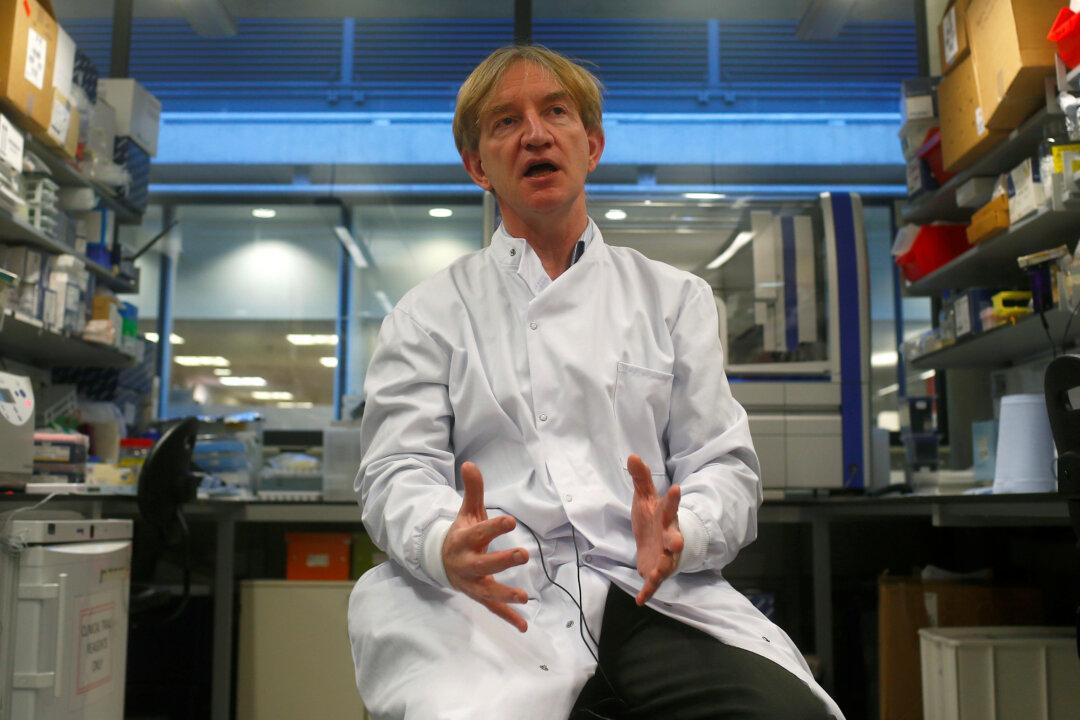A COVID-19 vaccine trial in the UK has only a 50 percent chance at success, down from earlier estimates of 80 percent, the professor co-leading the development of the vaccine told a British newspaper.
“It is a race, yes. But it’s not a race against the other guys. It’s a race against the virus disappearing, and against time,” professor Adrian Hill told The Telegraph, noting that a decline in transmission of the CCP virus poses a growing challenge to vaccine trials.






